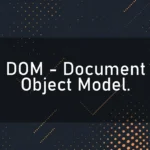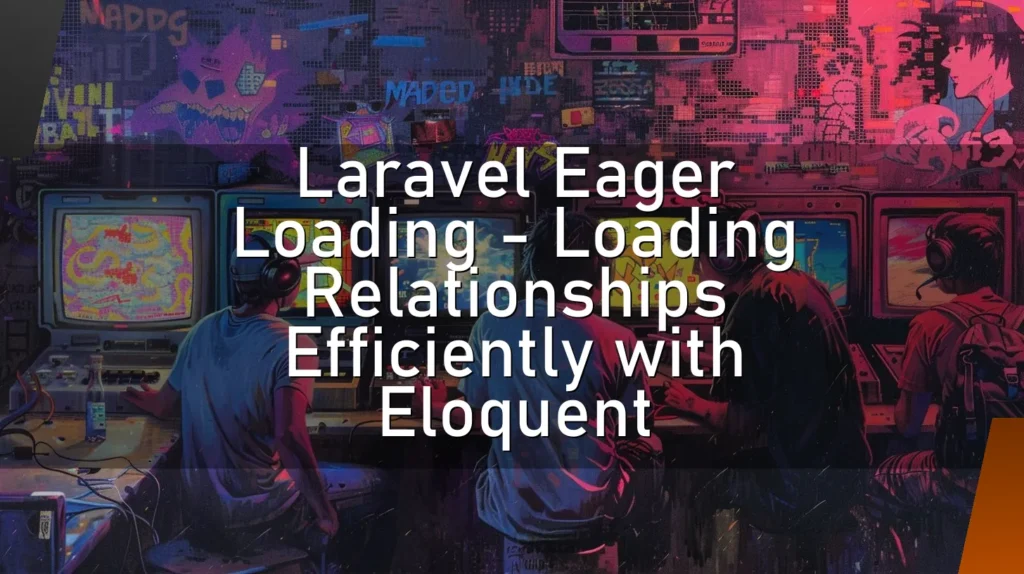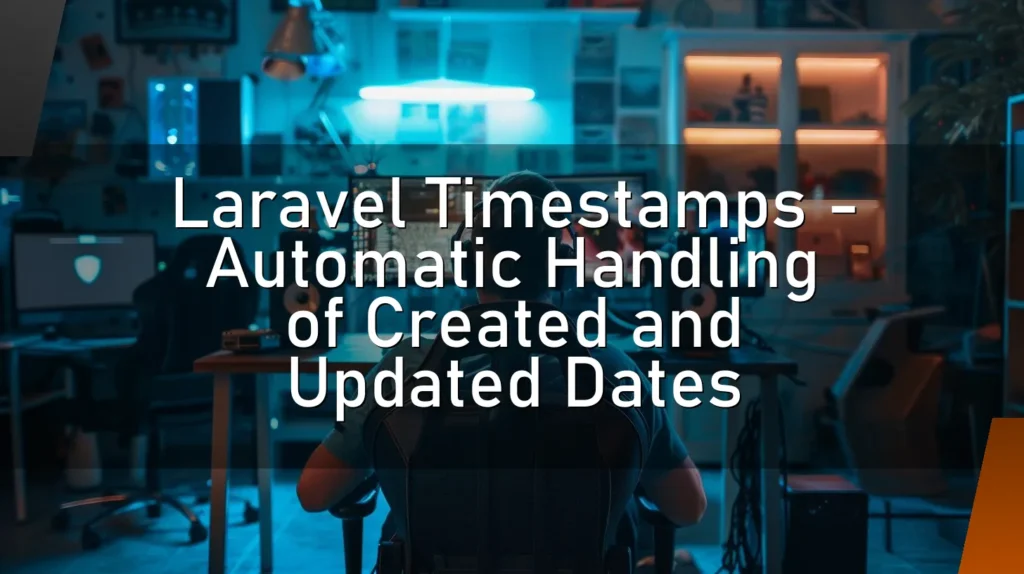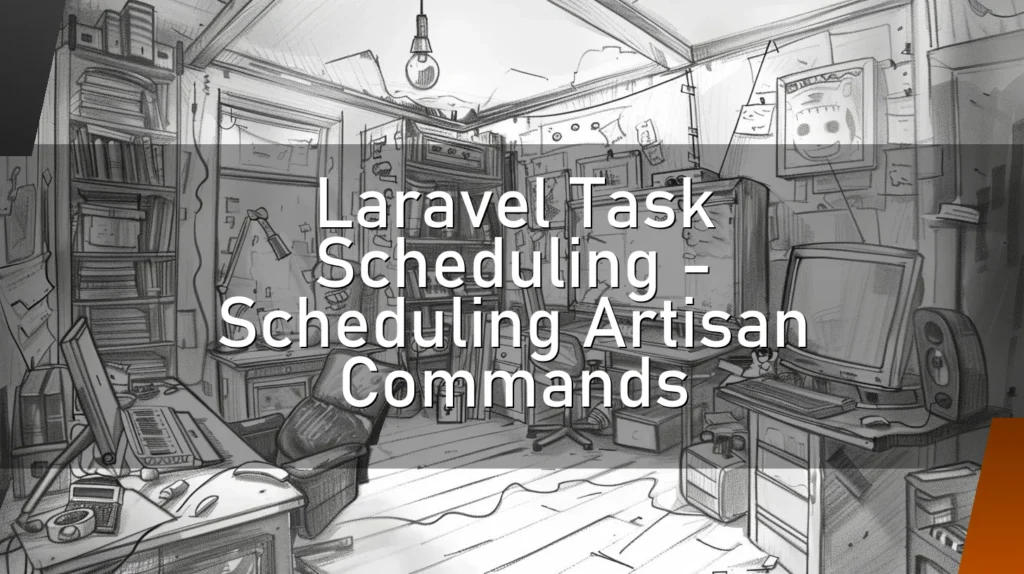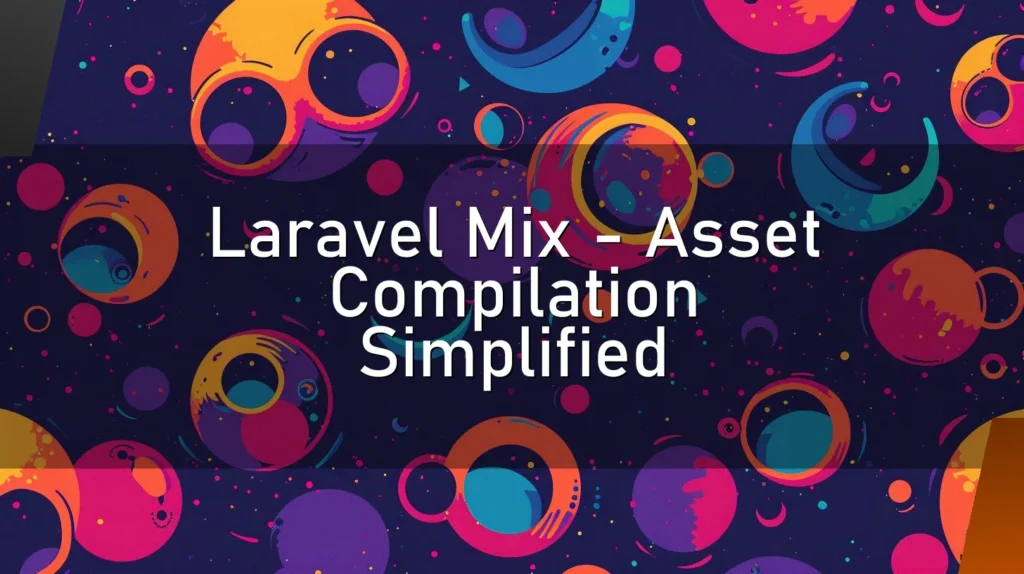👋 Introduction
Welcome, weary traveler of the digital realm, to this humorously high-quality glossar entry on the mystical concept known as a “framework.” Imagine a place where code whispers sweet nothings to your development environment, where bugs hide in terror, and where you, the developer, wield power like a code-conjuring wizard. Okay, maybe it’s not that magical, but a framework certainly can make your life a lot easier. Buckle up and prepare for a roller-coaster ride through the land of software frameworks! 🎢
👨💻 How a Nerd Would Describe It
Ahem, picture this: you’re at a comic convention, surrounded by people in elaborate cosplay, and someone drops the question, “What’s a framework?” A bespectacled nerd with a pocket protector steps forward and says, “Well, a framework is an abstraction that provides generic functionality which can be selectively overridden or specialized by user code, thus facilitating the development of software applications.” There you have it. Now go forth, my fellow nerds, and spread the knowledge! 🤓
🚀 Concrete, Crystal Clear Explanation
Alright, enough of the nerd talk. Let’s break it down. A framework is like a template or a set of building blocks that you use to develop software applications. It includes reusable pieces of code, libraries, and tools that solve common problems, so you don’t have to reinvent the wheel every time. Think of it like assembling IKEA furniture (minus the frustration). You get all the pieces and instructions you need to build something functional and, hopefully, stylish. 🛠️
🚤 Golden Nuggets: Simple, Short Explanation
Imagine you’re making pizza. A framework is the dough, sauce, and cheese—everything you need to make a basic pizza. You just add your favorite toppings to make it your own. 🍕
🔍 Detailed Analysis
What Makes Up a Framework?
A framework typically includes:
- Libraries: These are collections of pre-written code that you can call upon to perform common tasks.
- Tools: These might include compilers, debuggers, and other utilities to make development easier.
- APIs: Application Programming Interfaces that allow different software components to communicate with each other.
- Conventions: Guidelines and best practices for organizing and writing your code.
Types of Frameworks
- Web Frameworks: Used for building web applications (e.g., Django, Ruby on Rails).
- Mobile Frameworks: Tailored for mobile applications (e.g., React Native, Flutter).
- Desktop Frameworks: Designed for desktop software (e.g., Electron, Qt).
Why Use a Framework?
- Efficiency: Speeds up development by providing reusable code.
- Consistency: Encourages a uniform structure, making your code easier to read and maintain.
- Community: Many frameworks have large communities, offering a treasure trove of plugins, extensions, and support.
When Not to Use a Framework
- Overhead: Sometimes, frameworks can be overkill for small projects.
- Learning Curve: Some frameworks have a steep learning curve.
- Flexibility: Frameworks can be restrictive, forcing you to do things their way.
👍 Dos: Correct Usage
- Do use frameworks to speed up development.
- Do follow the conventions and best practices recommended by the framework.
- Do take advantage of community resources and plugins.
🥇 Best Practices
- Stay Updated: Frameworks are constantly being updated. Keep an eye out for new releases and patches.
- Read the Docs: Thoroughly read the documentation to understand the full capabilities of the framework.
- Modularize: Break your application into smaller, reusable components.
🛑 Don’ts: Wrong Usage
- Don’t use a framework just because it’s popular. Make sure it fits your project needs.
- Don’t ignore the documentation. It’s there for a reason.
- Don’t forget to consider the learning curve. Ensure your team is up to the task.
➕ Advantages
- Rapid Development: Pre-built components can drastically reduce development time.
- Community Support: Large frameworks often have extensive communities offering support and plugins.
- Scalability: Well-designed frameworks handle large-scale applications efficiently.
➖ Disadvantages
- Steep Learning Curve: Some frameworks require significant time to master.
- Performance Overhead: Using a framework can sometimes slow down your application.
- Lack of Flexibility: Frameworks can be restrictive, forcing you to adopt their way of doing things.
📦 Related Topics
- Libraries: Collections of pre-written code.
- APIs: Interfaces for software interactions.
- SDKs (Software Development Kits): Comprehensive packages of tools for software development.
- Microservices: Smaller, modular services within a larger application.
- DevOps: Practices that automate and integrate the processes between software development and IT teams.
⁉️ FAQ
Q: Is using a framework always better than coding from scratch?
A: Not necessarily. Frameworks offer speed and consistency, but they’re not always the best choice for small or unique projects.
Q: What is the difference between a framework and a library?
A: A library is a collection of pre-written code that you can call upon, while a framework provides a structure for your code, dictating the architecture of your application.
Q: Can I switch frameworks mid-project?
A: Technically, yes, but it’s usually a complex and time-consuming process. Choose your framework wisely from the start.
👌Conclusion
In the grand tapestry of software development, a framework is your powerful loom, weaving together threads of code into a coherent, functional masterpiece. Whether you’re building the next big social media platform or just trying to get a basic website up and running, frameworks can save you time, headaches, and possibly even a few grey hairs. Just remember, like any tool, it’s essential to use it wisely. Happy coding! 🎉


